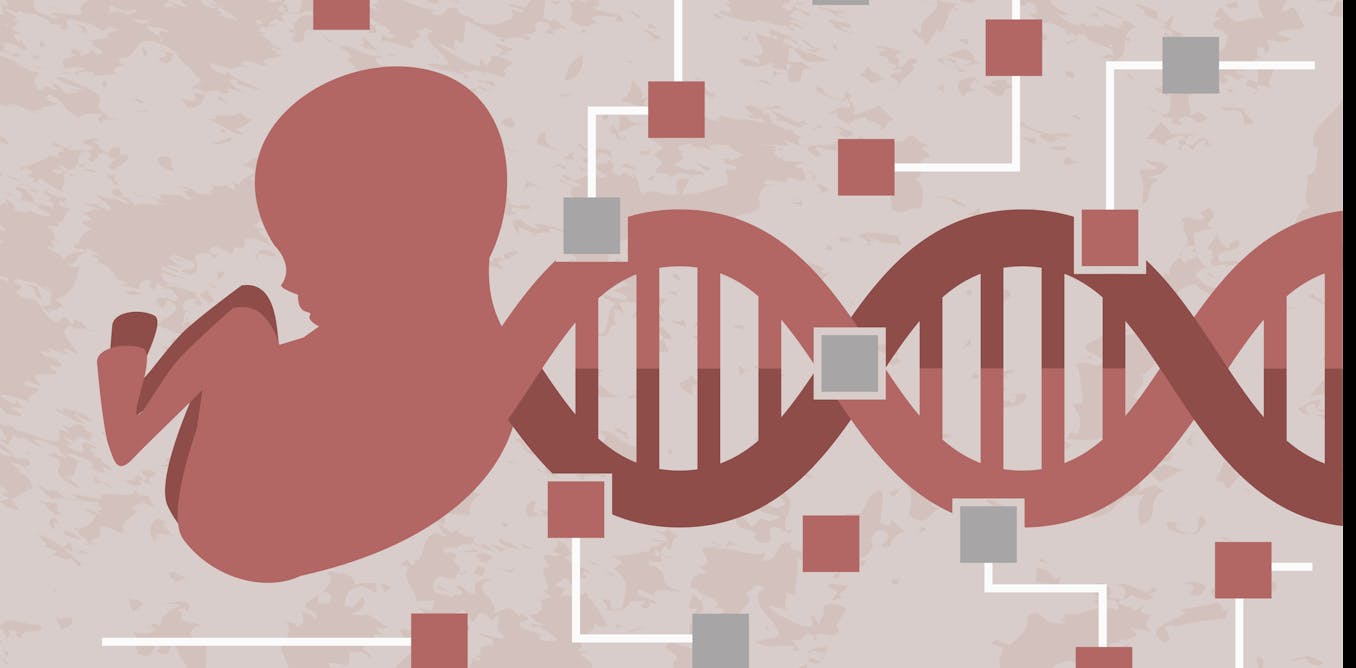What do genes have to do with psychology? They likely influence your behavior more than you realize
Human psychology is influenced by a complex network of genes and environmental factors. Studying how and when genes fail to cooperate could broaden our understanding of behavior.
Jessica D. Ayers, Assistant Professor of Psychological Science, Boise State University
• conversation
July 24, 2024 • ~9 min
July 24, 2024 • ~9 min
Is our sense of fairness driven by selfishness? We're studying the brain to find out
The preference for fairness emerges early in childhood, suggesting it is to some extent hardwired.
Patricia Christian, Postdoctoral Research Fellow at the Department of Clinical Neuroscience, Karolinska Institutet •
conversation
Jan. 17, 2024 • ~7 min
Jan. 17, 2024 • ~7 min
Pregnancy is a genetic battlefield – how conflicts of interest pit mom's and dad's genes against each other
Genetic conflict may play a role in pregnancy complications, such as preeclampsia and gestational diabetes, as well as developmental disorders.
Jessica D. Ayers, Assistant Professor of Psychological Science, Boise State University •
conversation
Nov. 30, 2022 • ~8 min
Nov. 30, 2022 • ~8 min
Selfish or selfless? Human nature means you're both
Cognitive neuroscientists use brain imaging and behavioral economic games to investigate people's sense of fairness. They find it's common to take care of yourself before looking out for others.
Jean Decety, Professor of Psychology, and Psychiatry and Behavioral Neuroscience, University of Chicago •
conversation
March 17, 2021 • ~10 min
March 17, 2021 • ~10 min
/
1






